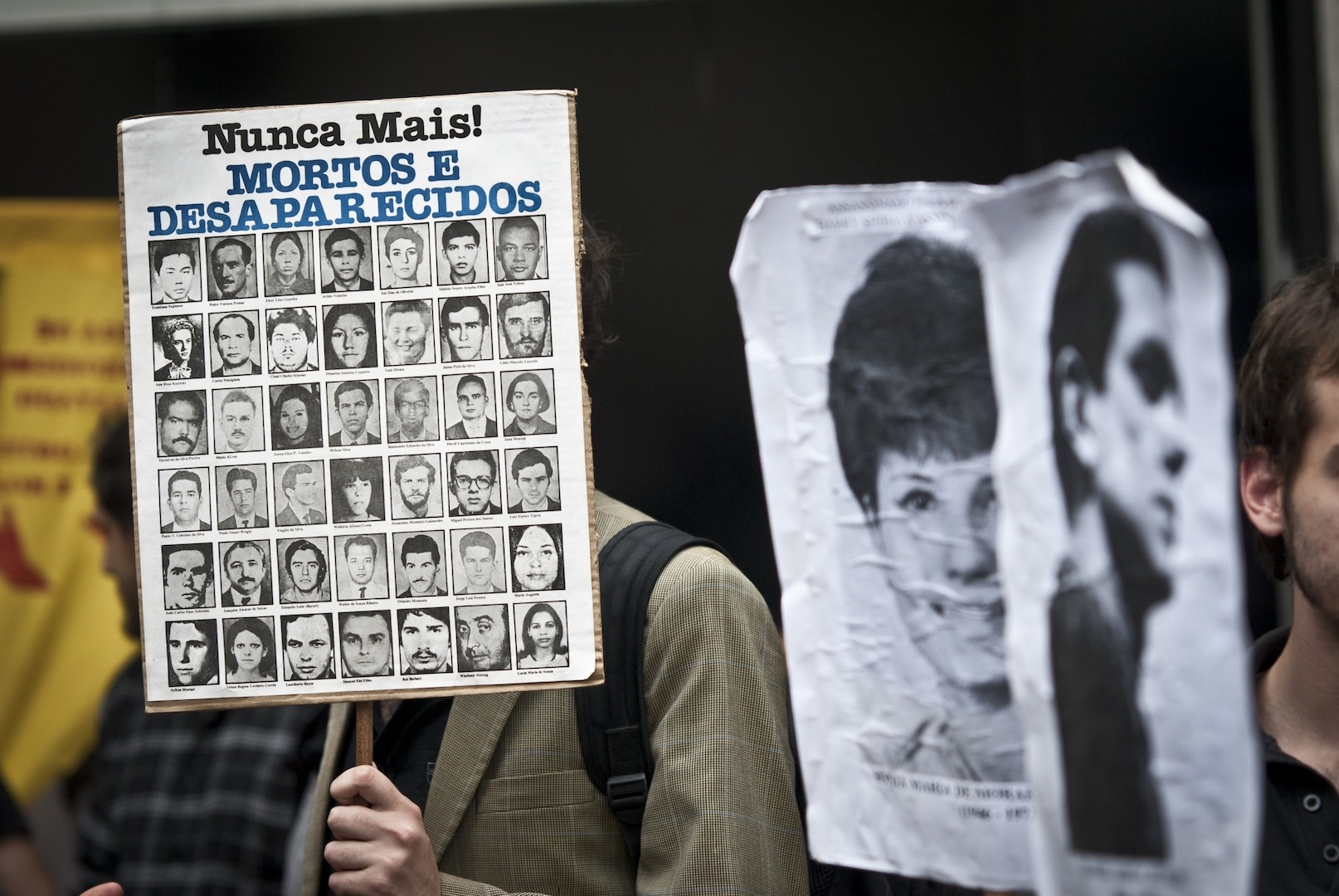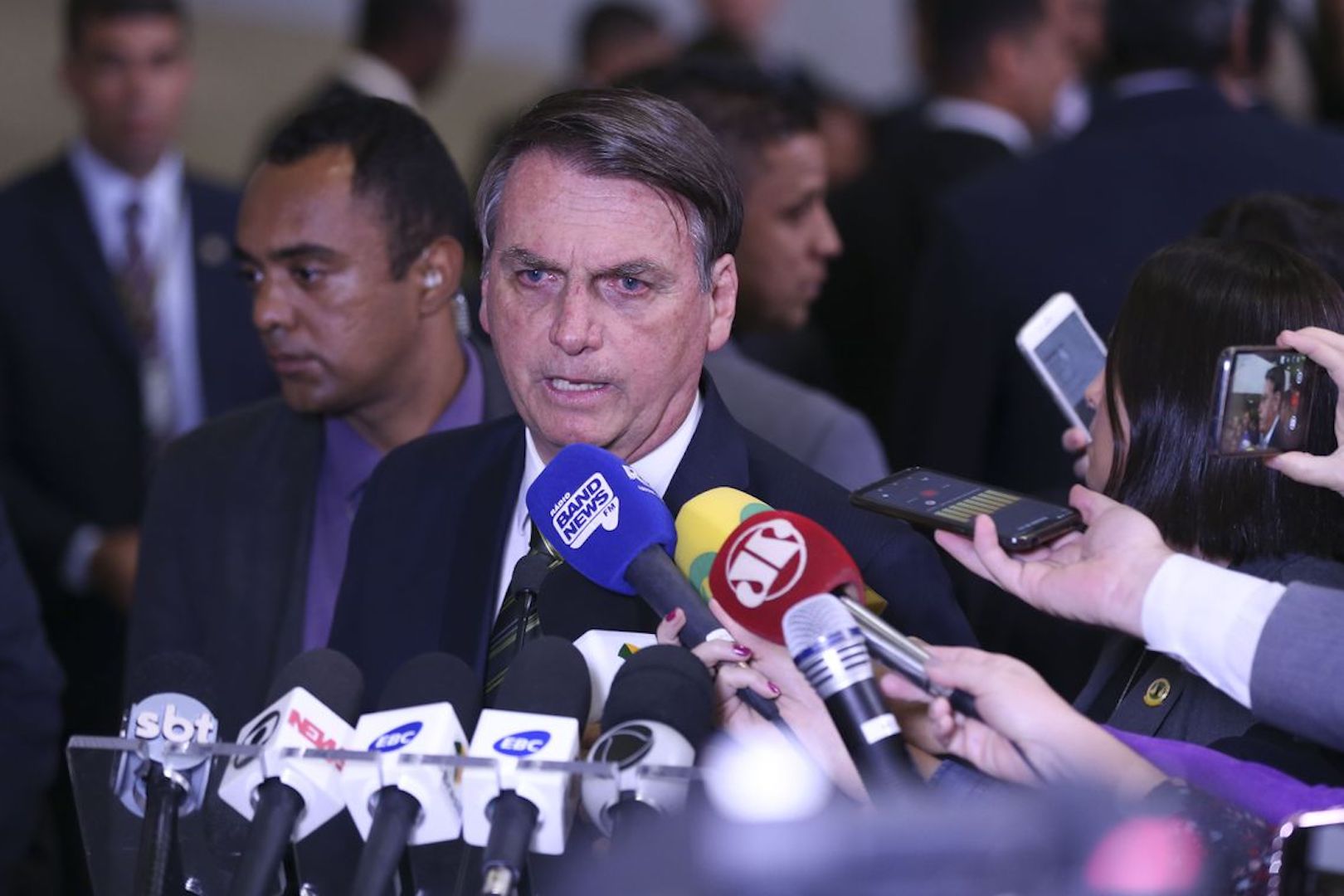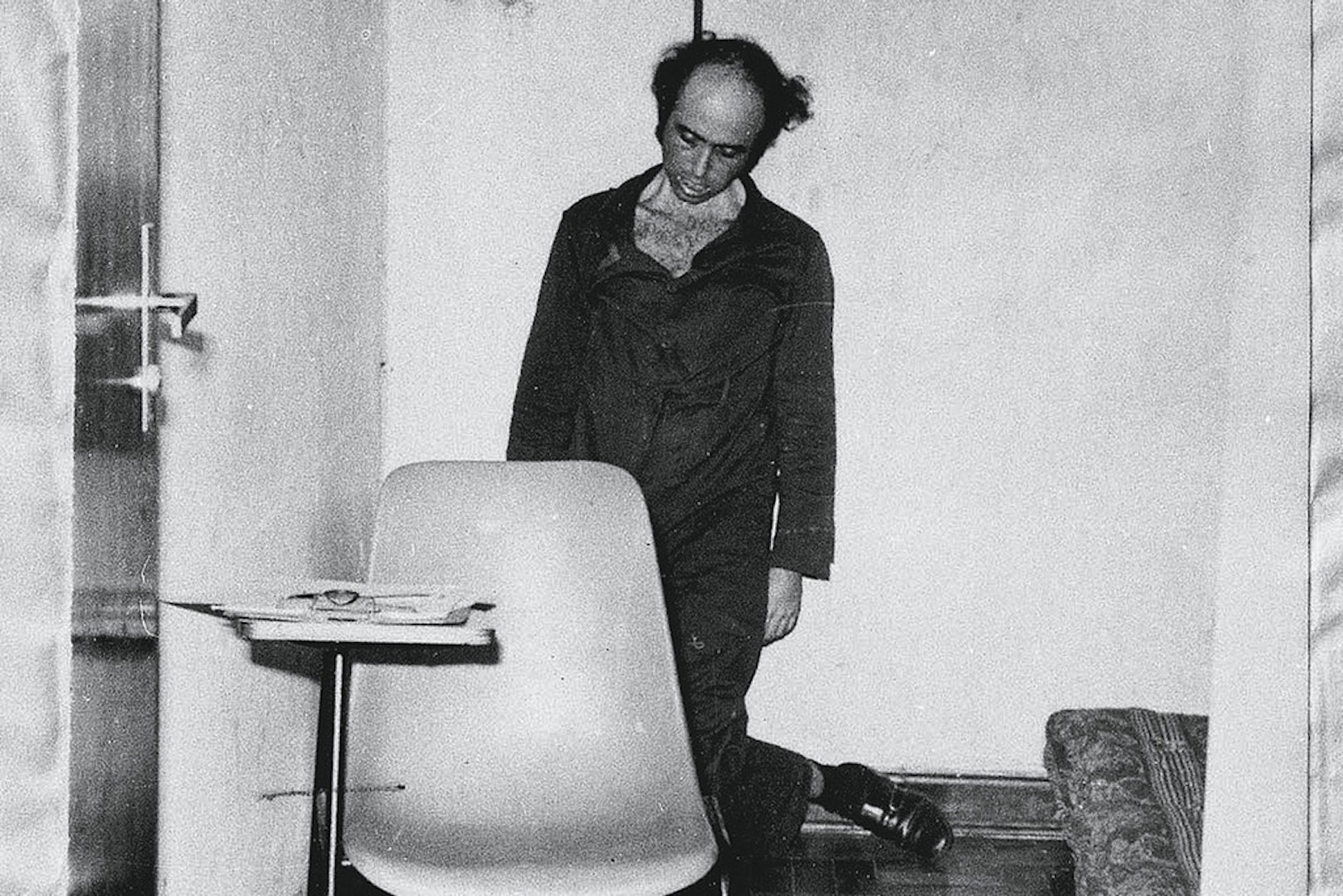BRASILIA, BRAZIL – Brazil’s president Jair Bolsonaro is coming under fire for comments he made on Monday, July 29th, about the assassination of political prisoners during the country’s military dictatorship. This time, the president sent a message to OAB (Brazilian Lawyer Association) President Felipe Santa Cruz, about his father, who disappeared in 1974.

“If the OAB president wants to know how his father disappeared during the military regime, I can tell him,” Bolsonaro told journalists.
According to analysts, Bolsonaro is upset with the OAB because the entity, according to the president, convinced the court system not to grant the federal police access to the telephones of Adelio Bispo’s lawyers. Bispo stabbed Bolsonaro in September of 2018, weeks before the presidential election. Bispo is currently in a mental facility and has been ruled by Brazil’s Supreme Court to be unable to stand trial due to mental illness.
Bolsonaro’s statement in relation to Santa Cruz was received with widespread criticism.
“It is terrible that the son of a missing person under the military regime has to hear such harsh statements from the president of Brazil, who should be the ultimate defender of respect and justice in the country,” stated Amnesty International’s Executive Director in Brazil, Jurema Werneck.
“Brazil must assume its responsibility and take all necessary measures to bring such cases to justice. The right to memory, justice, truth, and reparation of victims, survivors and their families must be defended and promoted by the Brazilian State and its representatives,” added Werneck.
According to local media, the Special Commission on Political Deaths and Disappearances (CEMDP) will ask president Jair Bolsonaro to explain about the statements he made on information about the disappearance of Santa Cruz. The CEMDP was created in 1995, during the government of President Fernando Henrique Cardoso, to investigate politically-motivated deaths of persons while in custody.

On January 24, 2019, the CEMDP issued a death certificate for Santa Cruz, stating that he died in 1974 of “a violent death”, caused by the Brazilian State, in the context of the systematic and widespread persecution of the population identified as political opponents of the dictatorial regime, 1964 to 1985.
The certificate came five years after a document by Brazil’s Defense Ministry supplied to the country’s National Truth Commission (CNV in Portuguese) recognized disappearances and deaths of civilians during the military dictatorship.
“The Ministry of Defense, as an integral part of the Brazilian State, shares the acknowledgment of state responsibility for serious human rights violations committed from September 18, 1946, to October 5, 1988. In this regard, I note that the conclusions of the Officers of the Military Commands do not oppose this recognition,” said then Defense Minister, Celso Amorim in the document.
Amorim notes that although the Armed Forces (Army, Navy and Air Force) did not admit to torturing and killing “government enemies”, it did not voice their opposition to the conclusions drawn by the Ministry.
On Tuesday, July 30th, however, president Jair Bolsonaro challenged the commission’s work in investigating human rights violations during the regime.
“Do you believe in the Truth Commission?” Bolsonaro asked a group of journalists on Tuesday morning in Brasília.
“There were seven people nominated by Dilma (former president Rousseff). It spent more than R$5 billion; public money from the people who work to give to those who never worked,” he argued. Again, the president was criticized for his stance.

“Bolsonaro’s statements on both the disappearance of Fernando Santa Cruz de Oliveira and the Truth Commission’s documents and conclusions are irresponsible, cruel, and deserving of complete repudiation,” said José Miguel Vivanco, director of the non-governmental group Human Rights Watch’s Americas division.
“The Brazilian military dictatorship, as noted in a 2014 Truth Commission report, caused indescribable suffering to thousands of Brazilians, with state officials overseeing disappearances, deaths, acts of torture, and arbitrary detentions. Until now, no one has been held responsible for these abuses, despite the Truth Commission’s recommendations and the conclusions reached by the Inter-American human rights system,” concluded Vivanco.
According to investigations conducted by federal agencies and Santa Cruz’s family, the former student was picked up by military forces in February of 1974 in Copacabana, Rio de Janeiro. During interviews before the National Truth Commission, a former military official and a former police officer attested that Santa Cruz was killed while in the custody of the military forces in Rio and his body was cremated in Petrópolis, located in the mountainous region of Rio de Janeiro state.

